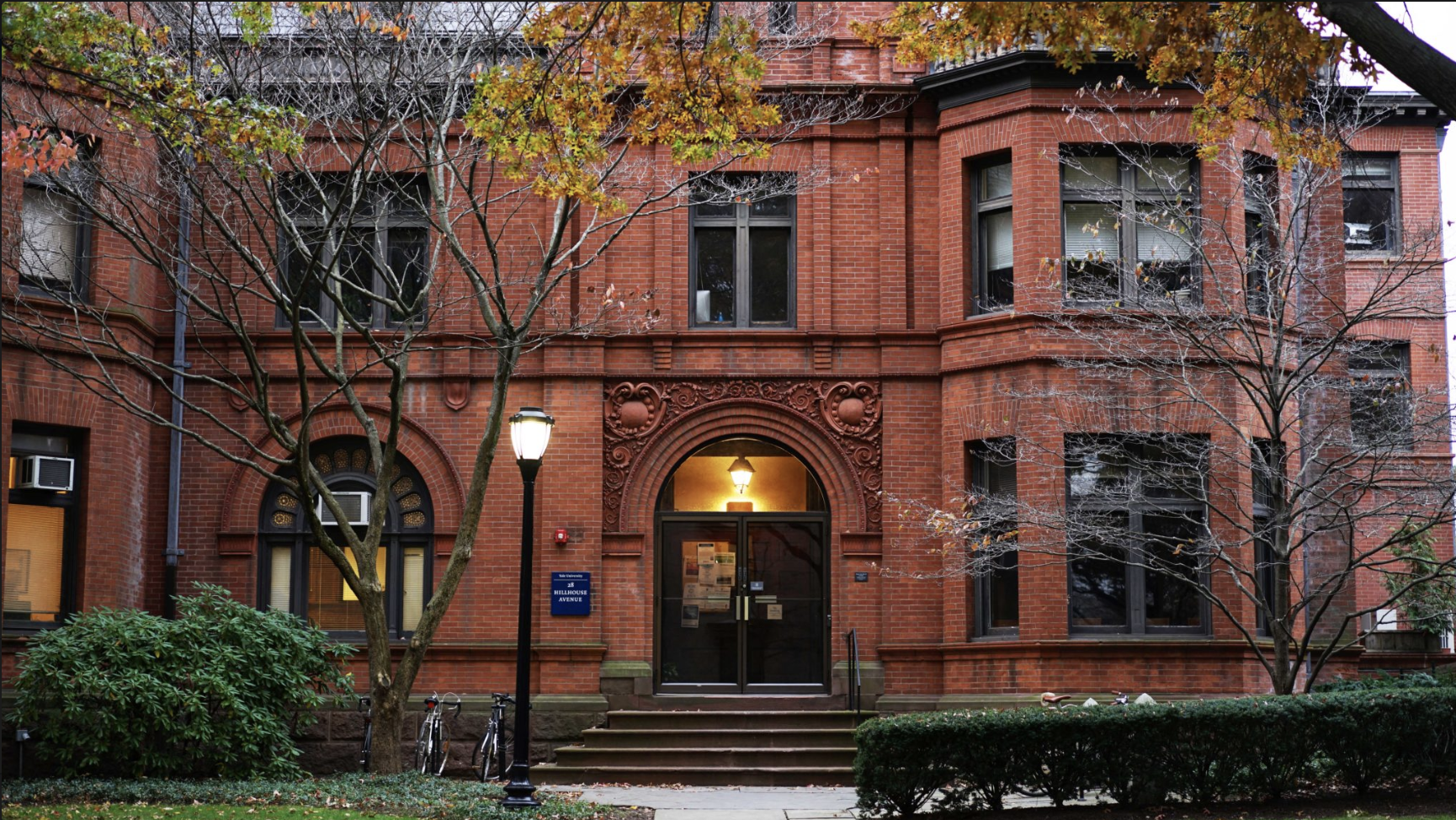
Yale Daily News
On Friday morning, the Yale South Asian Studies Council and the Yale Economic Growth Center co-hosted a panel discussion titled “Aid, Power, and Plague: Lessons from History and Practice on Foreign Aid Responses.” Experts discussed how knowledge of the history of foreign aid development can inform contemporary policy.
The discussion was the first in a new series led by SASC and EGC titled “The South Asia Development Dialogues: Economic Policy Lessons from History,” which will convene both historians and current policy experts to discuss the most relevant policy issues facing South Asia. Friday’s discussion featured Professor of History David Engerman, Professor of Economics and EGC Director Rohini Pande and United Kingdom Secretary of State for International Development Rory Stewart as panelists. Journalist Catherine Cheney served as the discussion’s moderator.
“Our aim is to open a conversation on how insights from historians might contribute to our understanding of some of the most pressing development challenges in South Asia,” SASC Chair Sunil Amrith said in his introduction of the panel. “We hope to stimulate interaction across fields on our campus and to bring in a wider audience and a wide range of voices from around the world.”
At the beginning of the discussion, panelists shared why they thought considering history is important when discussing foreign aid.
Engerman, who said that the question “cuts right to my heart” as a historian, noted the example of the Soviet Union, where policymakers did not fully consider the historical context of the Soviet state when they proceeded with “shock therapy,” a rapid transition from centralized to free-market economies.
“Knowledge of the Soviet system was deemed not just unnecessary, but perhaps even harmful,” Engerman said. “The failure to reckon with the institutions that existed before the start of their transition go a long way to explain its failure. Before hooking up the electrodes for shock therapy, they might have paid more attention to the body that [the electrodes were] attached to.”
Stewart also noted the importance of cultural context and history when discussing issues of foreign aid. He said that in the international development community, experts often assume that they can and should make decisions based on mathematical models to determine the “best buyer” approach, but that doing so can be a mistake.
He offered the example of a development trade-off: investment in foreign education versus investment in foreign health.
“I have had a couple of long arguments with Bill Gates, who has a tendency to say that he has established that money should be put in health but should not be put into education in developing countries because he’s somehow calculated that he gets more value for money out of his dollar investment in health,” Stewart said. “That often leaves aside the question of the particular regime with which you’re working.”
Different countries, he said, could spend money in areas like health or education “better” than other countries, so these “best buyer” calculations can be flawed.
During the discussion, Engerman also presented some key points from his recent book, “The Price of Aid: The Economic Cold War.” He said the basic premise of the book could be phrased as “know your partners,” and that both donors and recipients of foreign aid have political, cultural and economic motives for engaging in development. During the Cold War, for example, countries like the United States had an incentive to develop in places like India out of political concerns — if the U.S. was more heavily involved in a country’s economy, it would have a greater chance of keeping that country from Soviet control.
“For donors, development could be a Cold War weapon,” Engerman said. “This was our way to win hearts and minds of the third world as we said back in the day. For recipients, the Cold War was a development weapon, a kind of a resource that they could draw into to promote policies that they’d been interested in for their own independent reasons.”
The South Asia Development Dialogues continue Nov. 11 with a lecture focusing specifically on the COVID-19 pandemic in South Asia.
Owen Tucker-Smith | owen.tucker-smith@yale.edu







